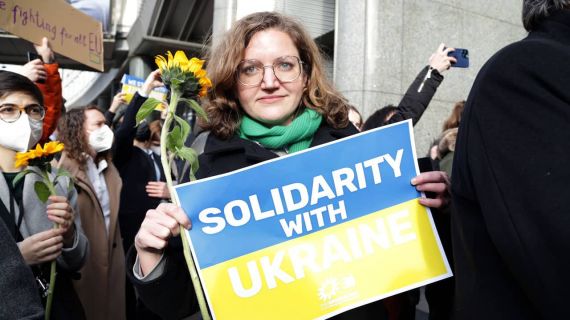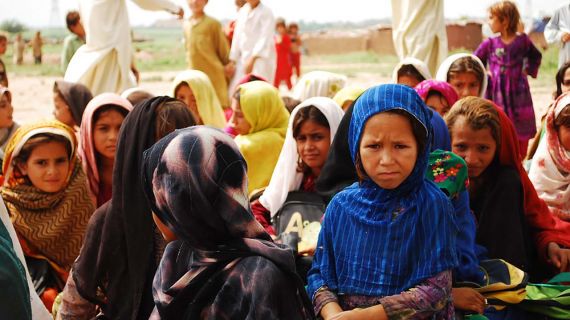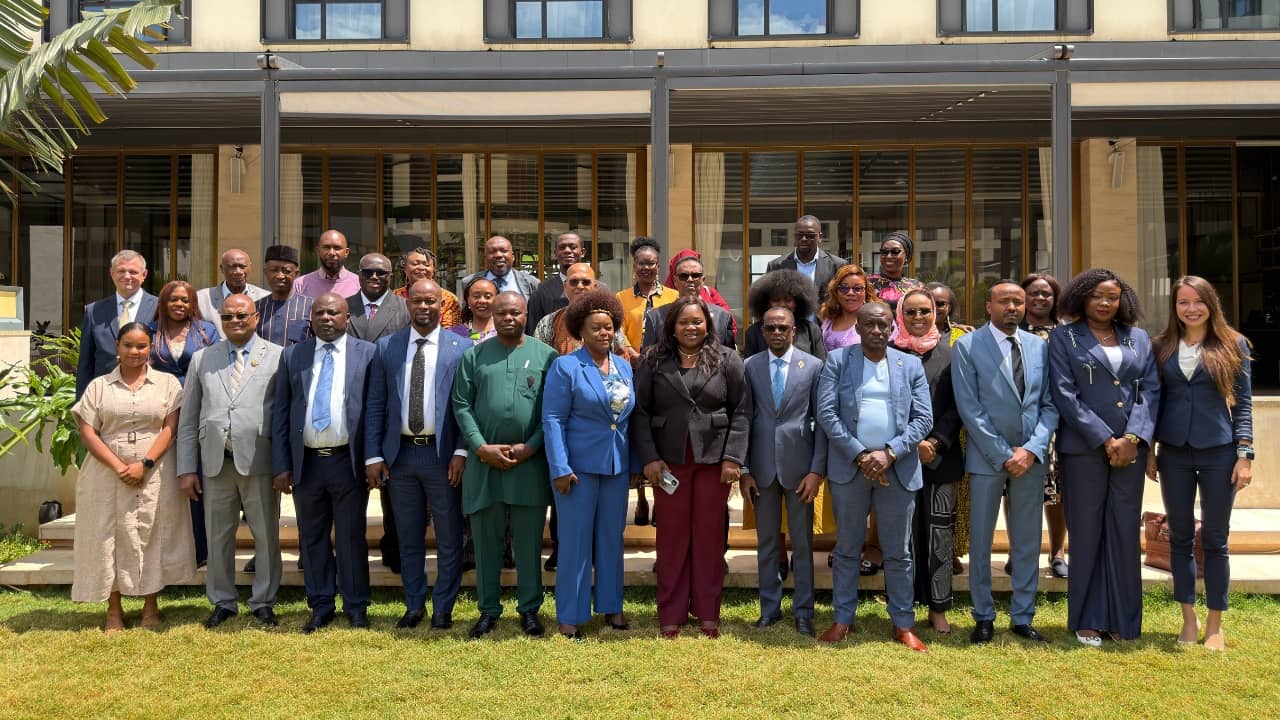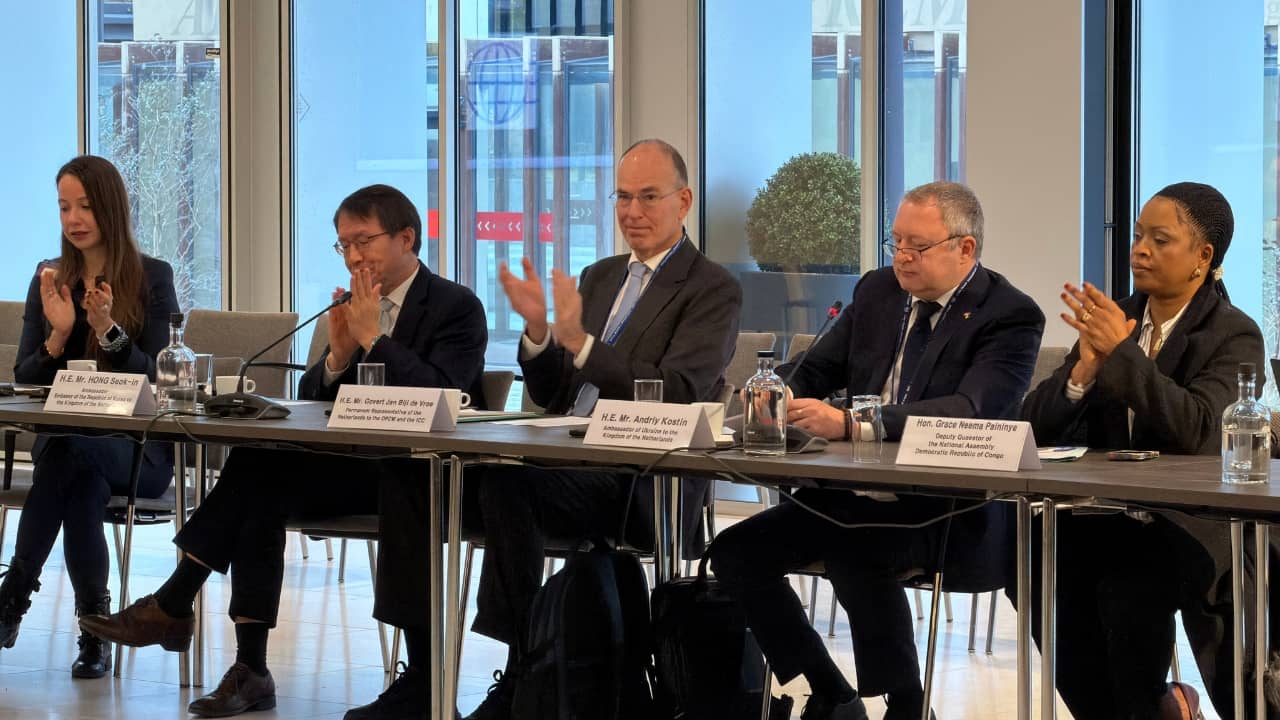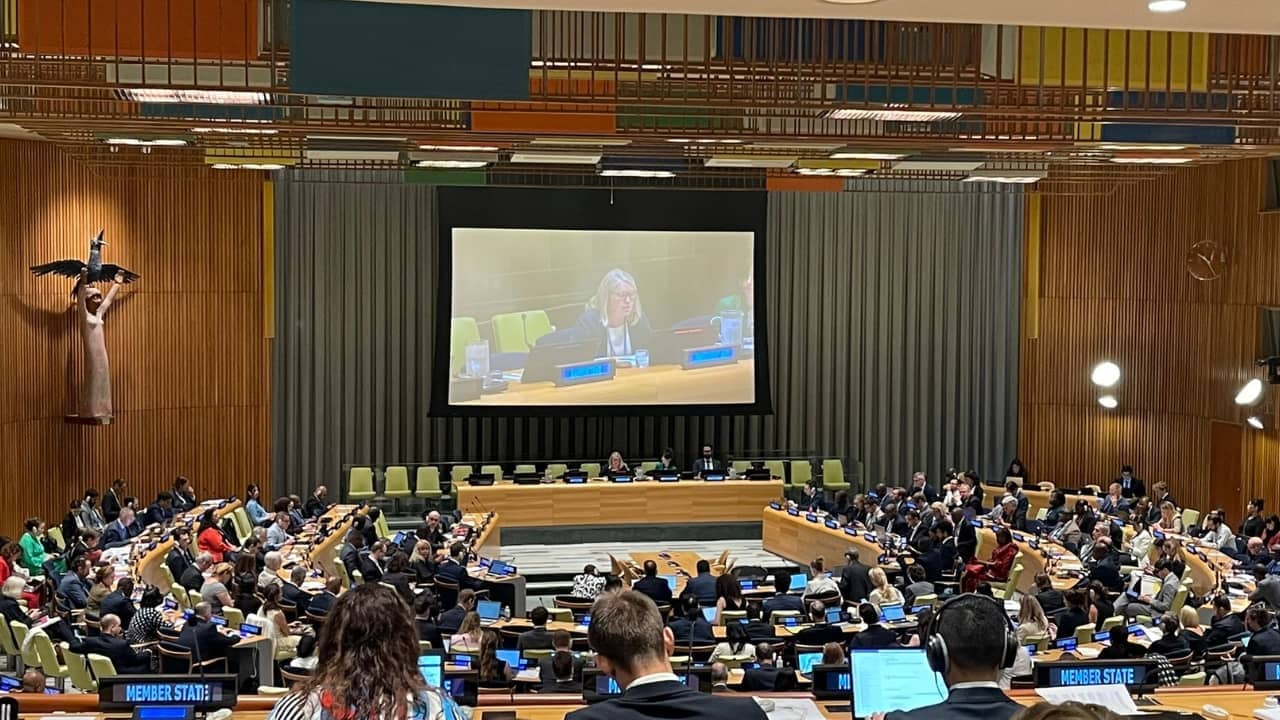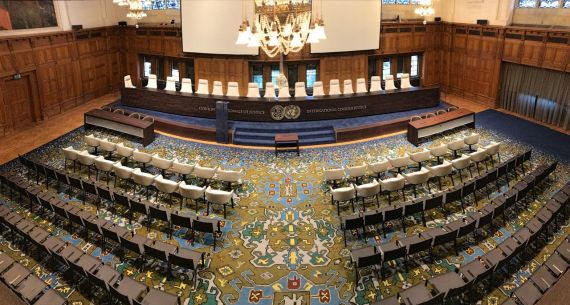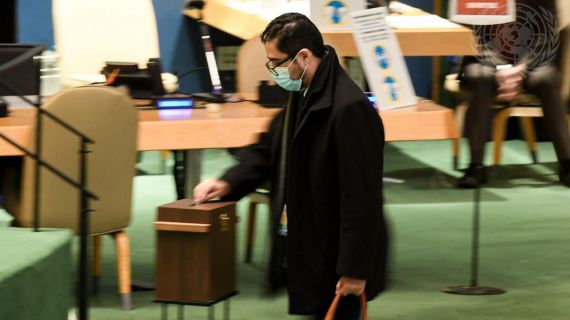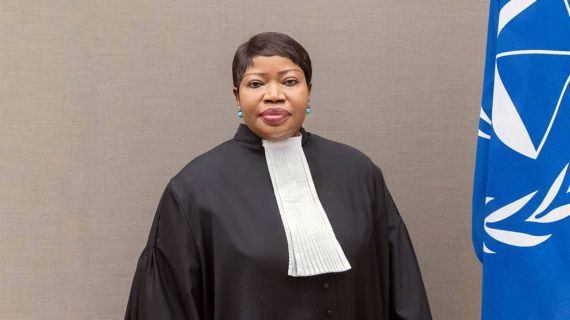
Parliamentarians Worldwide to Advance Global Criminal Justice and Support for the ICC
New York/The Hague
The International Justice Day on 17 July 2022 - commemorating the 24th anniversary of the adoption of the Rome Statute of the International Criminal Court (ICC) - is an important reminder to celebrate the creation of the first permanent international court delivering justice for victims of genocide, crimes against humanity, war crimes, and the crime of aggression. While over the course of the last decades we have seen challenges to the international order and the Rule of Law in unprecedented ways, it is of the utmost importance, today more than ever, to emphasize the ICC’s pivotal role in the prevention of atrocities, the fight against impunity, the support for victims’ rights, and the guarantee of long-lasting justice.

On International Justice Day, we mark not only the 8th year since the tragic downing of the Malaysia Airlines flight MH17 over the territory of Ukraine, but we are also being reminded that atrocities of such, and even worse, magnitude are happening every day. The heart-breaking personal tragedies occur not only in the context of the aggressive war launched by Russia in Ukraine this February but also in at least 27 countries worldwide that are experiencing conflicts or severe man-made crises, with over 2 billion people currently living in conflict-affected areas. Leaders or architects of the gravest crimes must be held accountable for their acts, and justice must be delivered. PGA will therefore continue to fight against impunity with parliamentarians, civil society organizations, experts, state representatives, and other stakeholders to remind States that human dignity, justice, accountability, and the fight against impunity is a global imperative for all. Hon. Kasthuri Patto, MP (Malaysia), President of PGA and Sen. Boris Dittrich (The Netherlands), Convenor, PGA International Law & Human Rights Program
Despite numerous obstacles, parliamentarians worldwide have contributed - and continue to do so - to the global support given to the ICC by promoting and facilitating the ratification of the Rome Statute and implementing it in countries’ national systems.
Over the past months, progress has been made to advance the fight against impunity globally. Yet, the war of aggression initiated by the Russian Federation against Ukraine on the 24th of February - the impact of which has had grave ramifications all over the world - and the ongoing, egregious crimes being committed in other regions worldwide continue to remind us of the fragility of the international system. The international community must unite against threats to peace, inequality, human rights violations, and democratic backsliding. In such a complex context, it is critical to stress that Parliamentarians at the local, national, regional, and international levels have the power to reinforce international cooperation and to participate in this fight for global accountability.

This year’s International Justice Day, my biggest wish is for justice to be rendered for all the victims of the genocidal Russian war against Ukraine that continues since Russia’s invasion into Crimea and Donbas in 2014.
Just this past week, Russian missile attacks on civilian infrastructure have resulted in hundreds of casualties, including children: residential building in Chasiv Yar, office space and hospital in Vinnytsia, and two universities in Mykolayiv were the targets.
Ukrainian law enforcement agencies are tirelessly dealing with Russian atrocities in cooperation with the ICC. We are grateful to those uniting to support us, and to ICC States Parties who want to prosecute the alleged perpetrators of international crimes committed against Ukrainians. Together, we should stop Russia from deliberately destroying Ukraine, and punish those who gave and executed orders to torture, rape, and kill our people.
Ms. Maryna Bardina, MP (Ukraine- Servant of the People), Deputy Chair, Committee on Foreign Policy and Interparliamentary Cooperation of Verkhovna Rada, PGA Member
At a time in which the international legal order is under threat, and collective initiatives are emerging in the name of justice and accountability, PGA will continue to stand ready, together with its members, to champion a universal culture of upholding the Rule of Law, human rights and fundamental freedoms by promoting accountability and justice. Today, we call on the leadership of Members of Parliaments to join this global effort. As demonstrated by the achievements of PGA members up to date - contributing to 78 ratifications and 37 implementing legislation packages - legislators can make a difference by ensuring that their governments not only promote the universality and effectiveness of the Rome Statute of the ICC but also implement its provisions through strong and comprehensive national laws that will enhance the complementarity system.
The path towards justice has been long in the Central African Republic. But with the opening of the first trials of the Special Criminal Court last April, some relief can finally be brought to survivors and victims of atrocities. On the International Justice Day, it is important to remember that justice is made to ensure equality, fairness, and sustainable peace. In fighting against impunity, it is essential that governmental institutions, in cooperation with Members of Parliaments, do everything in their power to ensure the effectiveness of the Rome Statute system. Combating impunity, securing victim’s rights to truth, justice, reparations, and guarantees of non-recurrence, and achieving peace, stability, and the well-being of our world cannot wait. Hon. Émilie Béatrice Epaye, MP (Central African Republic), Member of PGA International Council
PGA’s upcoming 12th Session of the Consultative Assembly of Parliamentarians on the International Criminal Court and the Rule of Law (CAP-ICC), to be held in Buenos Aires, Argentina, on 4-5 November 2022, will serve as yet another opportunity to reaffirm our unanimous commitment to the “never again” principle, to commemorate the strides that have been made toward closing the impunity gap worldwide, and make new pledges to bolster global criminal justice.
Proposal to Amend Article 15bis of the Rome Statute on the Crime of Aggression
Since March 2022, after consulting a group of prominent academic experts, PGA elaborated a non-paper containing specific amendments to Article 15bis of the Rome Statute that would partially align the ICC jurisdictional regime on the crime of aggression to the one that already exists for the other three core crimes.
Such proposed amendments, if adopted by the 43 States Parties to the Rome Statute that ratified the Kampala amendments, would be applicable from 17 July 2018 and would be binding for these 43 States, which have the right to exceptionally invoke Art. 58 of the Vienna Convention on the Law of Treaties to ensure their immediate entry into force in order to realign the ICC jurisdictional regime on the crime of aggression to the object and purpose of the Statute itself, namely, to put an end to impunity for all the four core crimes under International Law. The PGA non-paper has been shared with the EU Member States and other concerned States that referred the situation in Ukraine to the ICC Prosecutor under Article 13(a) of the Rome Statute.
To ensure that the proposal would be considered and, as appropriate, adopted by the Assembly of States Parties to be held in The Hague on 5-10 December 2022, the proposal for amendments must be presented by one or more State(s) Parties to the Rome Statute and circulated by the UN Secretary-General as a depository of the treaty as soon as possible, not later than the end of August 2022.
Impunity for the crime of aggression was effectively fought after World War II when the International Community created an International Military Tribunal at Nuremberg in 1945 to adjudicate the main perpetrators of the Axis Powers that carried out the war of aggression. The time has come for the International Community to do the same in the face of the war of aggression against Ukraine, being executed by a Permanent Member of the UN Security Council that has so far been able to secure an “impunity-zone” for its leaders, as it has already done in respect of mass atrocities committed in Syria.1
PGA strongly believes that the Assembly of States Parties, consisting of 123 Member States and the International Community, must ensure an appropriate level of political support, cooperation and financing for the ICC, which is competent for the investigation, prosecution, and adjudication of the most serious crimes of concern to the International Community as a whole. When the States Parties fulfill their responsibility as the Executive and Legislative branches within the Rome Statute system’s institutional design, the ICC judicial and prosecutorial organs will be able to maximize their impact and effectively serve as catalysts for domestic justice systems to counter and reduce impunity.
By enforcing the ICC’s mandate as a court of last resort capable of initiating and leading proceedings against those bearing the greatest responsibility over the four international crimes2, States can strive to achieve a better, more just, and more peaceful world.
Footnotes:
1 The Russian Federation used its veto at least 15 times to block any meaningful decision within the UN Security Council to restore international peace and security in Syria. In May 2014, the Russian Federation and the People’s Republic of China vetoed a specific resolution referring the Syrian situation to the jurisdiction of the ICC that 13 States, including the USA, had supported. In June 2014, ISIS/ISIL/IS invaded Iraq and occupied the city of Mosul without finding any resistance or opposition from the Syrian army and its military allies, the Russian Federation, and the Islamic Republic of Iran. Since then, no international tribunal has territorial jurisdiction over Syria, the leader of ISIS has been executed, and the leaders of Syria, the Russian Federation, and Iran have continued to operate in an “impunity zone.”
The failure to fight impunity sets a precedent that can incentivize the perpetration of atrocities in other situations and the repetition of other heinous crimes in the same situation. Therefore, the fight against impunity is an absolute imperative for deterrence in all situations (general prevention) and for prevention in a specific case to halt the repetition of international crimes, which contributes to maintaining and restoring international peace and security.
2 When the UN Security Council established the two ad hoc Tribunals for the former Yugoslavia and Rwanda in 1993 and 1994, respectively, it took note of the fact that relevant atrocities were taking place within the framework of internal conflicts and the disintegration or collapse of centralized States, hence not requiring the activation of jurisdiction on crimes against the peace/crime of aggression. Thus, the two ad hoc Tribunals’ Statutes were limited to three core crimes under International Law, namely genocide, crimes against humanity, and war crimes. However, all the preparatory documents relating to the establishment of a permanent International Criminal Court since the 1950s have always reflected the list of the four core crimes under International Law, including the crime of aggression, which is essentially reproducing the notion of crimes against the peace contained in the London Agreement for the Nuremberg Tribunal, which the UN General Assembly affirmed as reflecting principles and norms of customary international law in 1946.






